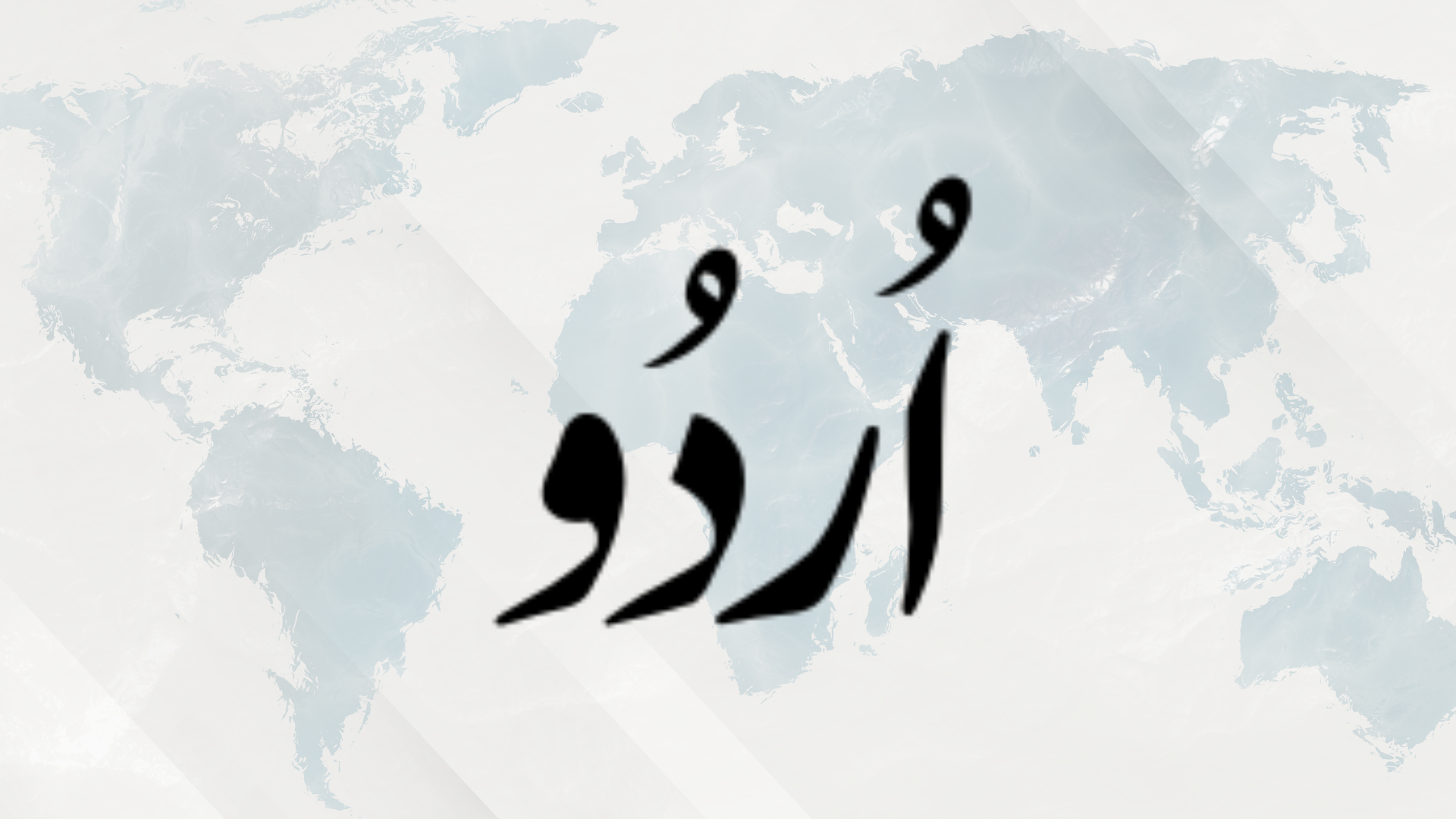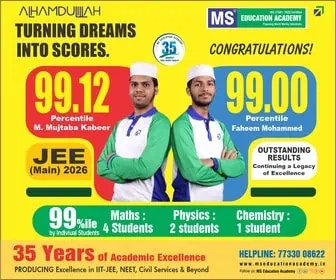
Authors gifted with creative dexterity and journalists having an awe-inspiring way with words are no strangers to Lucknow, and their works remain an active part of our collective memory. Abdul Nafay Kidwai, whose life was cut short by a debilitating disease eleven years ago, was one of the most prominent Urdu journalists that Lucknow produced in the last three decades. His politically incisive analysis, infused with cultural sensitivity, surfaced in his writings, making him a familiar name across the country in several Urdu magazines and newspapers. He became an essential chronicler of the city’s political, social, literary, cultural, and journalistic life.
He was a towering name—a writer, editor, and chronicler whose words gave voice to truth and culture alike. He battled with the neurodegenerative disease myasthenia gravis for the last 15 years of his life, but his pen never stopped. Even when he was hospitalised, he continued to write his widely admired column “Uttar Pradesh Ka Haal Political” for Siasat daily. Aside from that, he was a doting father whose pen, discipline, and dedication shaped me in more than one way.
A Life Devoted to the Urdu Press
Lucknow has long been the cradle of the Urdu language, poetry, and Tehzeeb—and within that world, my father carved his own enduring place. He started his journalistic career with the Urdu newspaper Qaumi Awaz in 1986. Over the years, his writings appeared in almost every major Urdu publication in India, including Siasat, Inquilab, Urdu Times, Waqar-e-Hind, Rashtriya Sahara, Akhbar-e-Mashriq (Kolkata), Nayi Duniya, and several others.
He was not just a journalist; he was a voice of conscience. His articles carried the weight of sincerity, the fragrance of culture, and the courage to speak truth, even when it was inconvenient. Readers often said that when Abdul Nafay Kidwai wrote, his words didn’t just inform—they went beyond surface facts, stirred thought, and invoked emotion.
The Keeper of Forgotten Voices and Honours Received
Among his many contributions, his last book, Lucknow ke Bhule Bisre Sahafi (The Forgotten Journalists of Lucknow), remains closest to my heart. In that book, he paid tribute to the unsung heroes of Urdu journalism – those whose names had been lost in time, whose bylines had faded from the archives, but whose passion once defined an era.
He was commissioned by the Sahitya Akademi to write a biography of the famous Urdu author and doyen of Urdu journalism, Hayatullah Ansari. His monograph received widespread appreciation in the subcontinent. He also translated the renowned Jnanpith awardee novelist Govind Mishra’s novel Kohre Mein Qaid Rang, published by Sahitya Akademi, New Delhi.
Through that work, he preserved not just history, but memory—the lifeblood of Urdu media. It was his way of ensuring that no journalist’s voice would truly be forgotten.
Recognition came his way, too. My father was honoured with the Best Journalist Award by the Uttar Pradesh Urdu Akademi, presented personally by the late Prime Minister Atal Bihari Vajpayee—a moment that filled our family with pride. Yet, even in recognition, he remained grounded. Awards never changed him; integrity always guided him.
A Father, Teacher, and Enduring Legacy
To the world, he was a journalist. To me, he was a mentor. I often sat beside him late into the night, watching him write on his comfortable couch—newspapers spread around, ink pen in hand, his mind constantly at work.
That is where I learned that writing is not just a skill—it’s an inheritance. It runs in our blood, passed from father to son not by instruction, but by inspiration. Every word I write carries a reflection of him; every thought I express carries a trace of his discipline, humility, and love for language.
On 14 October 2014, the day which changed our lives forever, my father left for his heavenly abode, but his words did not. They live on in his articles, his book, and the memories of those who read him. For me, that date will forever mark not just a personal loss, but the end of an era in Urdu journalism.
Whenever I write, I feel him beside me—not in memory alone, but in every sentence that carries rhythm, sincerity, and love for the written word. Writing is not something I learned; it is something I inherited.
My father, Abdul Nafay Kidwai, taught me that words have power, not to boast, but to build; not to wound, but to awaken. And that lesson, like his legacy, will never fade.
Asim Kidwai is a freelance journalist who writes for several periodicals and news portals.




